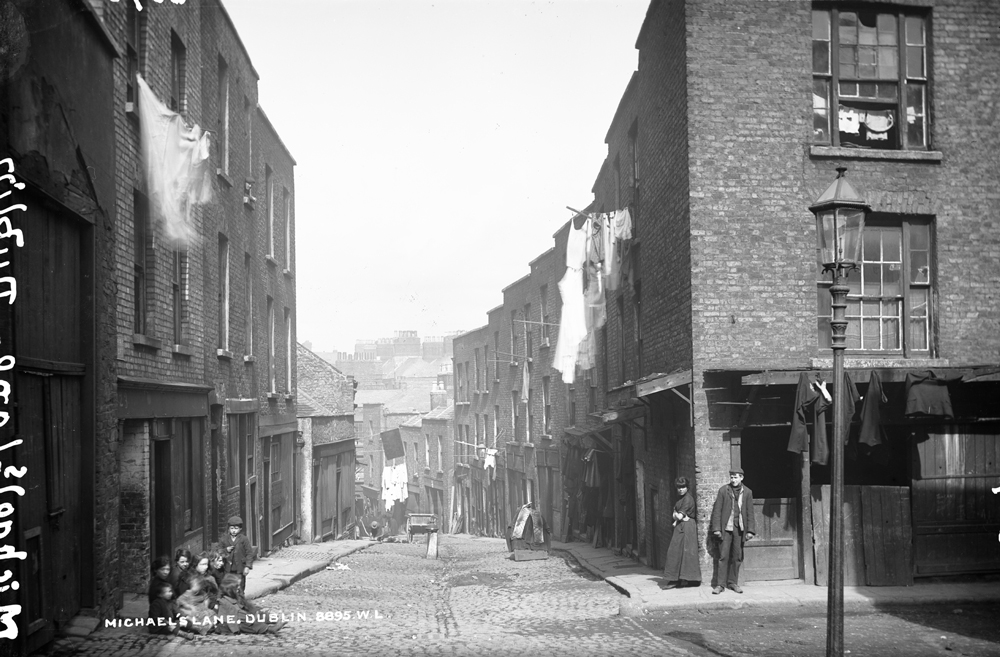British government to blame for high rents and lack of housing
Dublin, 4 February 1920 - The cost of rent has skyrocketed since the end of the war in 1918, and the scarcity of houses has reached crisis levels bordering on a ‘famine’, according to the Irish Times.
One reason for the lack of new building projects is that the cost has risen. Building materials, the Irish Times says, are now anything from 100% to 500% dearer than they were prior to the war, and labourers’ wages – which account for almost half the price of building a house – have more than doubled. A house that cost £900 to build in 1914 now costs £3,500.
No quick remedy to either of these challenges appears likely, owing to a scarcity of brick earth in Ireland and the fact that the best carpenters and joiners are currently employed in the shipyards.
In an editorial on the dual problems of high rents and scarce houses, the Freeman’s Journal has laid the blame at the door of the British government, which, assumed control of production during the war. Therefore, it was the government, the Freeman argues, that ‘allowed’ merchants to dramatically increase prices on building materials in the last few years.
The paper acknowledges that setting up a public inquiry would be a good thing, but worries that house building would remain at a ‘standstill’ and the profiteering would continue while the proceedings were underway.
‘The problem of new houses will remain a problem until this profiteering is put down.’
[Editor's note: This is an article from Century Ireland, a fortnightly online newspaper, written from the perspective of a journalist 100 years ago, based on news reports of the time.]





















